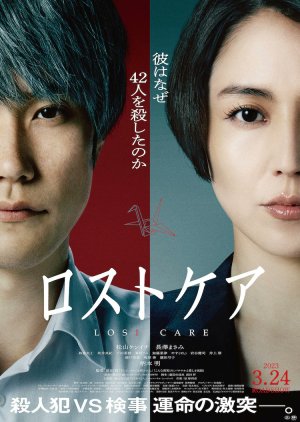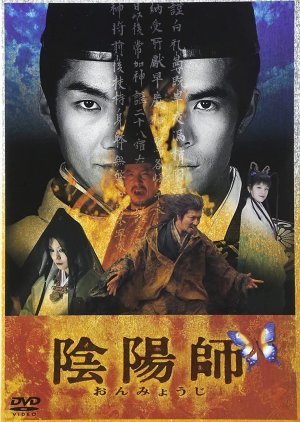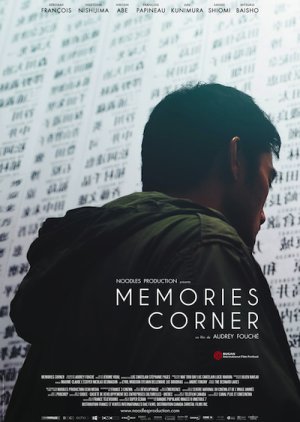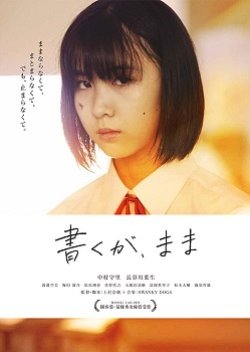Renowned Japanese musician Ryuichi Sakamoto, who passed away this year due to cancer, left behind a legacy that has profoundly influenced the world over the past half-century. His musical journey evolved from the intricate and opulent compositions of his early years to the minimalist creations of his later works, often infused with themes of human rights and peace. Each piece resonated deeply with listeners, leaving an indelible mark on their hearts.
In the final months of his life, Sakamoto made the heartfelt decision to offer one last performance to the world. Directed by his son, Neo Sora, this intimate event was recorded in Tokyo's NHK Broadcasting Center, specifically in the "Studio 509," a place dear to Sakamoto. The performance featured just a single piano, one performer, and twenty carefully chosen pieces that narrated the story of his extraordinary life.
The concert concluded with "Opus," a composition originally created by Sakamoto in the 1990s during a period of economic and social stagnation in Japan. Inspired by a moment of reflection during a traffic jam, "Opus" embodies a sense of freedom and fluidity, offering solace amidst the chaos of urban life. This poignant piece served as both the closing note of the performance and a heartfelt farewell to his audience, encapsulating the essence of his artistry and his enduring connection with his fans.









Share